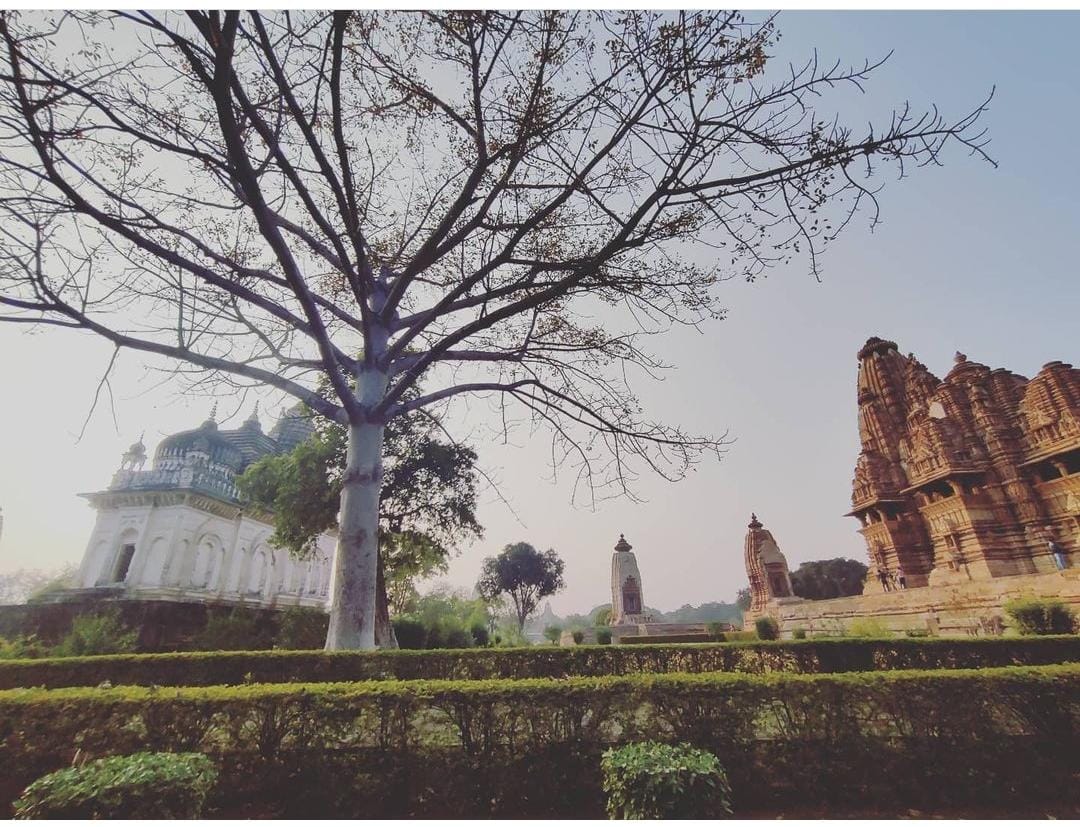Resisting Culinary Nationalism: Dalit Counter-Cuisines in the Life Narratives of Urmila Pawar and Baby Kamble
Main Article Content
Abstract
Culinary nationalism in India has given rise to a hegemony of vegetarianism, excluding numerous regional and ethnic cuisines in the process. A homogeneous culinary identity is attempted by othering specific communities like Christians and Muslims, lower caste Hindus, and tribal groups, disputing the legitimacy of their national belonging and, hence, their culinary traditions. The traditional gender roles of women in kitchen spaces, along with their higher vulnerability to food insecurity, make food a prominent motif in Dalit women’s writing. This paper analyses how Dalit culinary practices, as recounted in the life narratives of Urmila Pawar and Baby Kamble, contest and redefine culinary nationalism and subvert the notion of ritual pollution or purity. Pawar’s The Weave of My Life and Kamble’s The Prisons We Broke detail the everyday practices of Dalit women, particularly those concerning food, as resistance to ethno-religious nationalism. Using Michel de Certeau’s theorization of everyday life, the paper reads the everyday practices of Dalit women as tactics that resist the strategies of Hindu/cultural nationalism. By depicting a carnival of the silenced Dalit cuisines as counter-cuisines and documenting the recipes of the same, these literary works assert Dalit culinary identities and provide a site for contestation of right-wing culinary hegemony.
Keywords: Culinary nationalism, Cooking, Food, Ritual pollution, Tactics, Strategy
Downloads
Article Details

This work is licensed under a Creative Commons Attribution 4.0 International License.
Copyrights of all materials published in SARE are retained by the authors. Authors may republish their work or grant others permission to republish it. We would be grateful if republication is accompanied by an acknowledgment that the work was originally published in SARE.
References
Appadurai, Arjun. “How to make national cuisine: Cookbooks in Contemporary India”, Comparative Studies in Society and History, vol. 30, no. 1, 1988, pp. 3–24. JSTOR, http://www.jstor.org/stable/179020.
Berger, Rachel. “Between Digestion and Desire: Genealogies of Food in Nationalist North India.” Modern Asian Studies, vol. 47, no. 5, 2013, pp. 1622–43. JSTOR, http://www.jstor.org/stable/24494222.
Bruckert, Michael. “The Politicization of Beef and Meat in Contemporary India: Protecting Animals and Alienating Minorities.” Culinary Nationalism in Asia, edited by Michelle King. E-book ed., Bloomsbury, 2019.
Chatterjee, Partha. The Nation and Its Fragments: Colonial and Postcolonial Histories. Princeton UP. 1993.
Colebrook, Claire. "The Politics and Potential of Everyday Life: On the Very Concept of Everyday Life." New Literary History, vol. 33, no. 4, 2002, pp. 687-706. Project MUSE, https://doi.org/10.1353/nlh.2002.0036.
Certeau, Michel de, et al. “On the Oppositional Practices of Everyday Life.” Social Text, no. 3, 1980, pp. 3–43. JSTOR, https://doi.org/10.2307/466341.
Certeau, Michel de. The Practice of Everyday Life. U of California P, 1984.
DeSoucey, Michaela. "Gastronationalism." American Sociological Review, vol. 75, no. 3, 2010, pp. 432-455, SAGE Journals, https://doi.org/10.1177/0003122410372226.
Ferguson, Priscilla Parkhurst. “Culinary Nationalism.” Gastronomica, vol. 10, no. 1, 2010, pp. 102–09. JSTOR, https://doi.org/10.1525/gfc.2010.10.1.102.
Fuchs, Christian. “Nationalism, Communication, Ideology.” Communication and Capitalism: A Critical Theory, vol. 15, U of Westminster P, 2020, pp. 235–58. Critical Digital and Social Media Studies. JSTOR, https://doi.org/10.2307/j.ctv12fw7t5.14.
Giard, Luce. "Plat du jour." Translated by Timothy J. Tomasik. Practice of Everyday Life: Volume 2: Living and Cooking, edited by Luce Giard, U of Minnesota P, 1998. JSTOR, https://www.jstor.org/stable/10.5749/j.ctt5vkbhw.
Guru, Gopal. “Food as a Metaphor for Cultural Hierarchies.” Knowledges Born in the Struggle: Constructing the Epistemologies of the Global South, edited by Boaventura de Sousa Santos and Maria Paula Meneses. Routledge, 2020.
Hibbs, Carolyn. “Polluting the Page: Dalit women’s bodies in autobiographical literature”, Dalit Literatures in India, edited by Joshil K. Abraham and Judith Misrahi-Barak, 2nd ed., Routledge, 2019.
Ilaiah, Kancha. “Beef, BJP and Food Rights of People.” Economic and Political Weekly, vol. 31, no. 24, 1996, pp. 1443–1445. https://www.epw.in/engage/article/beef-bjp-and-food-rights-people
---. Why I Am Not a Hindu: A Sudra Critique of Hindutva Philosophy, Culture and Political Economy. 2nd ed., SAGE Samya, 2019.
Jaffrelot, Christopher. “Introduction: The Invention of an Ethnic Nationalism.” Hindu Nationalism: A Reader, edited by Christopher Jaffrelot, Princeton UP. 2007.
Kamble, Baby. The Prisons We Broke, Translated by Maya Pandit, 2nd ed., Orient BlackSwan, 2018.
Menon, Kalyani Devaki. Everyday Nationalism: Women of the Hindu Right in India. U of Pennsylvania P. 2010. The Ethnography of Political Violence.
Pawar, Urmila. The Weave of My Life: A Dalit Woman’s Memoirs. Translated by Maya Pandit, Stree, 2008.
Sathyamala, C. “Meat-eating in India: Whose food, whose politics, and whose rights?” Policy Futures in Education, vol. 17, no. 7, pp. 878-891. 2019. Sage Journals, https://doi.org/10.1177/1478210318780553
Senguputa, Jayanta. 2010.“Nation on a Platter: The Culture and Politics of Food and Cuisine in Colonial Bengal.” Modern Asian Studies, vol. 44, no. 1, 2010, pp. 81–98. Cambridge Core, https://doi.org/10.1017/S0026749X09990072.
Woods, Eric Taylor. “Cultural Nationalism.” The Sage Handbook of Cultural Sociology, edited by David Inglis and Anna-Mari Almila, Sage, 2016.
